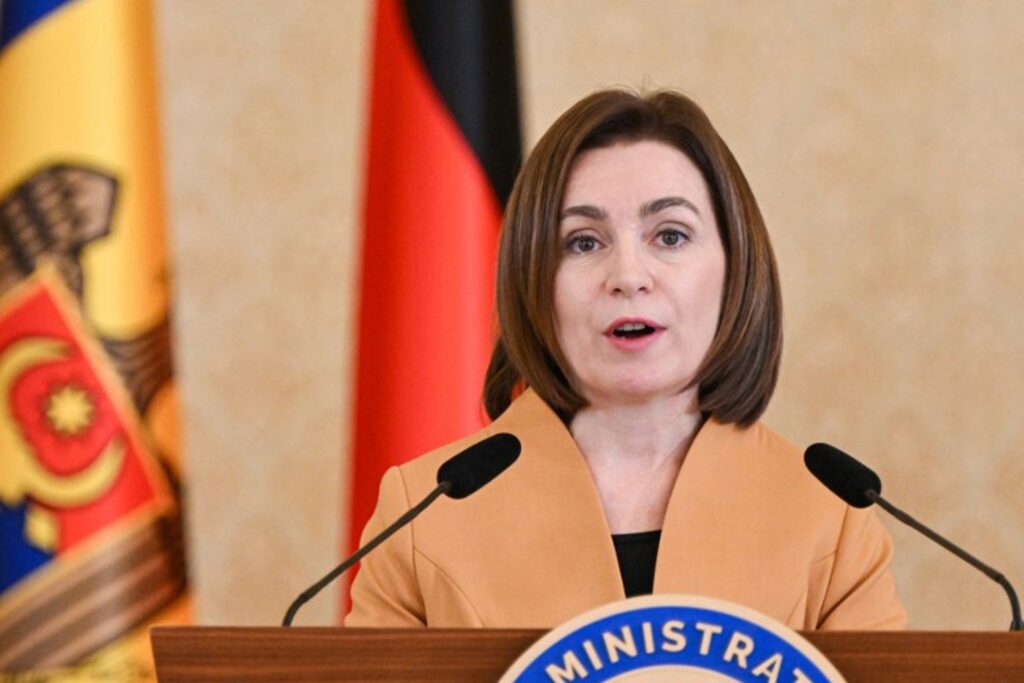Moldova announced on Tuesday that it had blocked access to some 20 Russian media sites, as part of its fight against disinformation and the hybrid war that the pro-European government accuses Moscow of waging.
In a decree published on the Internet, the Moldovan intelligence services announced that they had ordered the “immediate blocking” of 22 sites which, according to them, carry false information, including those of Russia Today (RT) and state media VGTRK.
These media “are used in the information war against the Republic of Moldova, led by the aggressor,” the intelligence services said.
The Moldovan authorities had already banned the broadcasting of Russian news programmes on radio and television in June 2022. Only Russian films, series, music and entertainment programmes are now allowed.
In September, Moldova also expelled the local director of the Russian news agency Sputnik, accusing the medium of “lies and propaganda.” At the time, the Kremlin protested against the “persecution” of Russian media in the country and summoned the Moldovan ambassador to Moscow.
Since the start of the Russian offensive, President Maia Sandu has regularly criticized Russian interference and attempts to overthrow her country.
At the same time, she advocates Moldova’s entry into the European Union, describing it in a recent speech as “the only way to protect our freedom, peace and democracy” and “an investment in Europe’s collective security.”
The former Soviet republic of 2.6 million inhabitants, located between Romania and Ukraine, was granted official candidate status last year.
Accused of being the Kremlin’s instruments of “disinformation,” the Sputnik and RT media have been banned from broadcasting in the EU since March 2022, both on television and on the Internet, following an agreement by the 27 shortly after the start of the conflict.

